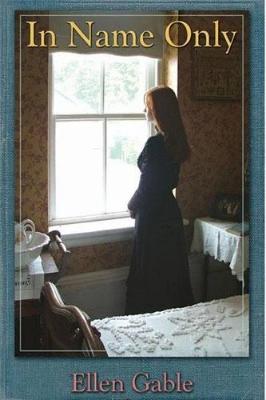Characters:
The characters aren't particularly colorful, but they are outstandingly human. Gable is somehow able to grow the characters organically as they mature in response to traumatic, life-changing events. In addition to this, you absolutely become emotionally invested in them.
Plot:
The book is filled with big plot twists and relentless turmoil, strife, and emotion that will force you to finish the book as quickly as humanly possible.There is one linear plot progression, which ends relatively early, at the halfway point of the book. This is because it's Gable intention to imply that in life, there is no "happily ever after." So the story continues with Gable using a random assortment of disease, miscarriage, and death to advance the plot. Fortunately, Gable has such a way with words, that these random events totally keep you engrossed in the story. Death is a permanent part of life, and being such, it's continually a nuisance in the story, with around ten deaths in total that are significantly mourned.
Style:
There is a surprising amount of content on "the marital act," especially considering that this is a work of Catholic fiction. Gable is neither crude nor lewd in this area, as she handles the topic very gently albeit in-depth. She also does a fantastic job covering the gamut of Catholic social teaching on sex, as well as the mentality that Catholics should have. This entire area is where Gable's catholicity really shines.
There are three lasting elements of the novel that have serious staying power: its discussion on the marital act, its illustration of the fragility of life, and lastly, the romance of the story itself. Ms. Gable accomplishes what every Catholic fiction writer should seek to accomplish: a story with Catholicism seamlessly woven into it that is good enough to compete with all fiction, not just in the small Catholic fiction book market.

